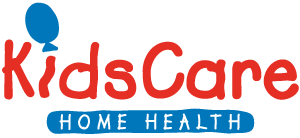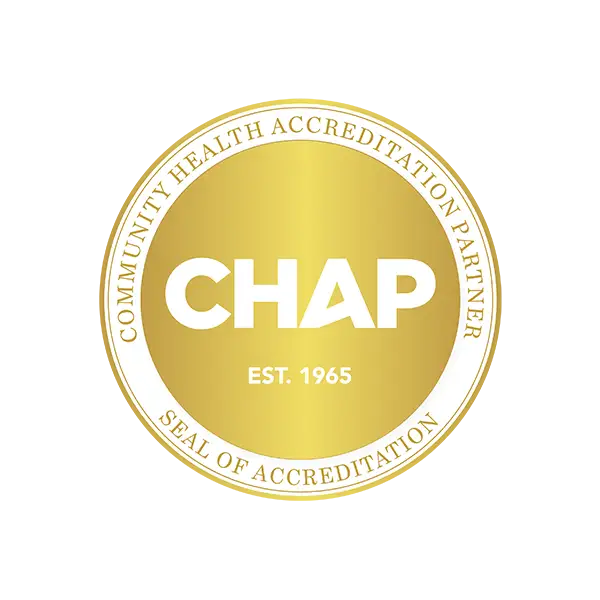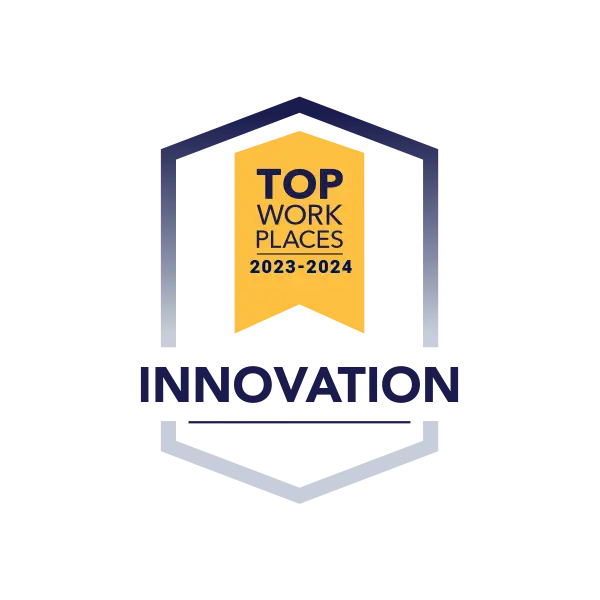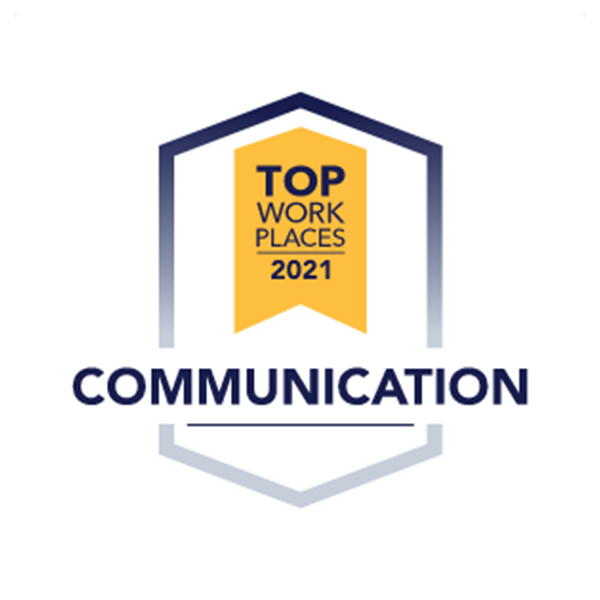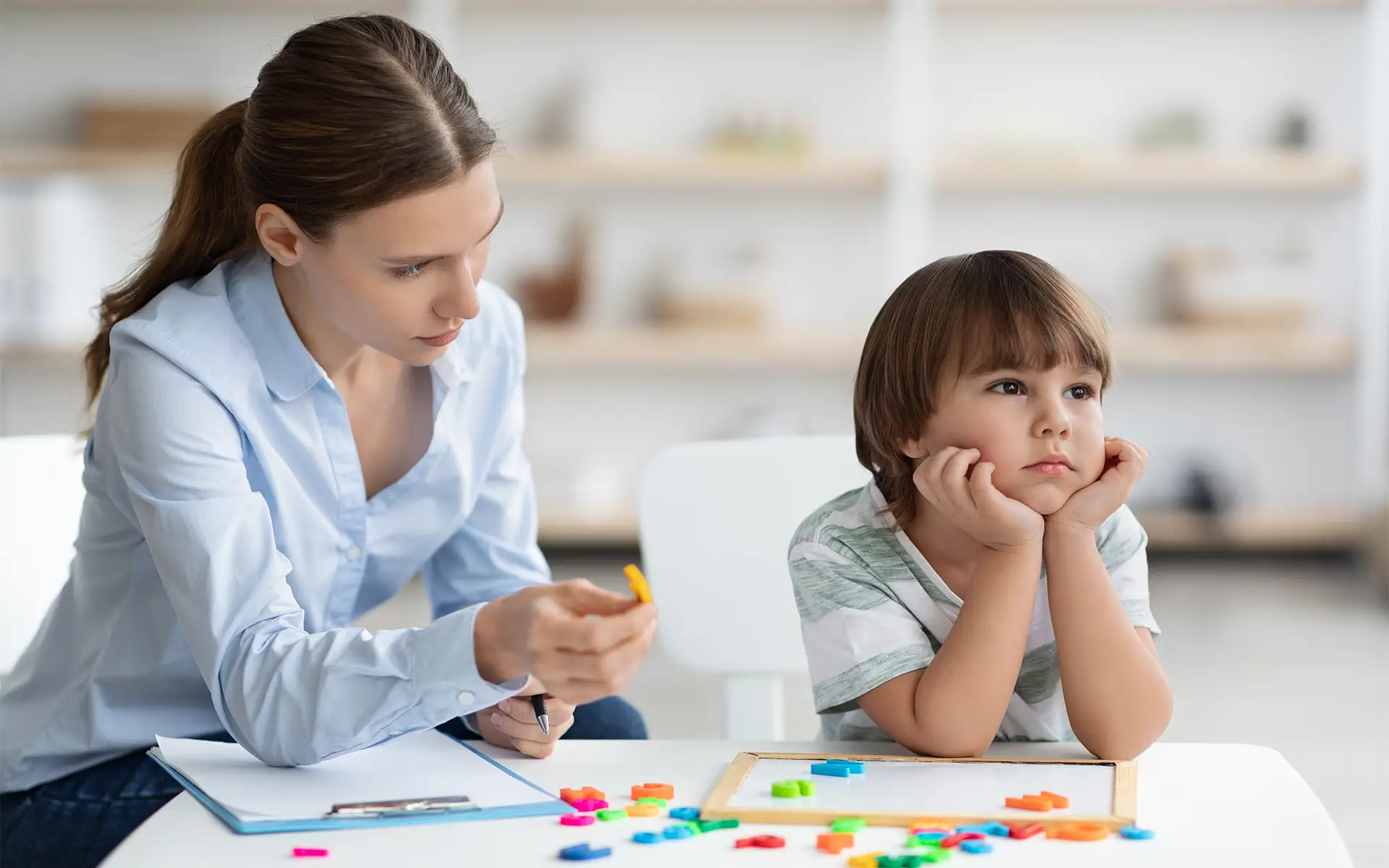
Navigating social situations can be challenging for anyone, but for individuals with Attention-Deficit/Hyperactivity Disorder (ADHD), these challenges can feel amplified. While ADHD is often associated with difficulties in attention, impulse control, and hyperactivity, it can also have a significant impact on social skills and relationships.
How ADHD Affects Social Interactions
People with ADHD may struggle with the “unspoken rules” of socializing. These challenges are not a reflection of their intentions or their ability to care about others—but rather a result of how their brain processes information and responds to stimuli. Here are some common ways ADHD can influence social behavior:
1. Impulsivity in Conversations
Individuals with ADHD may interrupt, blurt out responses, or struggle to wait their turn in conversations. This can sometimes come across as rude or inattentive, even when it’s not intended that way.
2. Difficulty Reading Social Cues
Facial expressions, body language, and tone of voice are all essential components of effective communication. Some people with ADHD may miss or misinterpret these cues, which can lead to awkward or confusing social exchanges.
3. Forgetfulness and Inconsistency
ADHD can affect memory and follow-through. Forgetting plans, names, or important details can unintentionally hurt others’ feelings, even though it’s not done maliciously.
4. Emotional Intensity
Strong emotional reactions—both positive and negative—can intensify interactions. A person with ADHD might get very excited or frustrated quickly, which can affect how others perceive and respond to them.
Building Social Skills with ADHD

The good news is that social skills can be learned and improved over time. With awareness, support, and the right strategies, individuals with ADHD can thrive socially.
1. Social Skills Training
Therapists and coaches often provide structured guidance through role-playing, modeling, and feedback. These sessions help individuals practice specific behaviors, such as turn-taking, active listening, and empathy.
2. Mindfulness and Self-Regulation Techniques
Learning how to pause and reflect before reacting can help with impulse control. Breathing exercises, journaling, and cognitive-behavioral strategies are helpful tools.
3. Clear Communication and Support
Parents, teachers, and peers can make a big difference by offering patience, positive reinforcement, and clear feedback. Understanding and compassion go a long way.
4. Peer Groups and Safe Social Environments
Joining clubs, activities, or support groups where individuals feel accepted and understood can boost confidence and provide real-world practice.
Encouraging Compassion and Understanding
It’s important to remember that people with ADHD often want to connect with others just as much as their neurotypical peers. By fostering an environment of empathy and open communication, we can help reduce the stigma and support more substantial, more fulfilling relationships for everyone.
Whether you’re someone with ADHD, a parent, educator, or friend—knowing the social hurdles that may come with ADHD is the first step toward building better connections. With the right tools and support, social success is not only possible—it’s well within reach.
Need Extra Support for Your Child’s Social Development?
At KidsCare Home Health, our compassionate therapists are here to help children with ADHD build confidence, improve communication, and thrive in social settings.
